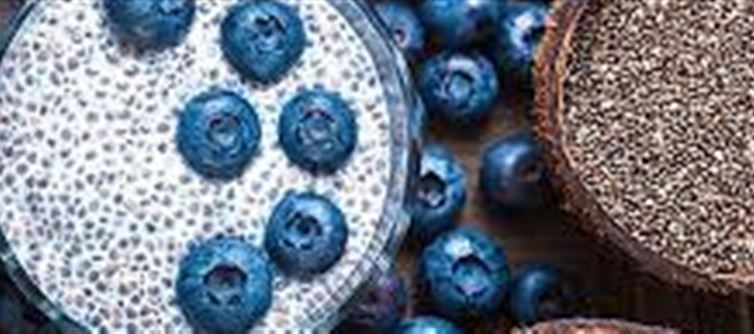
Chia seeds have gained immense popularity for their nutritional benefits, including fiber, omega-3 fatty acids, and antioxidants. They are often hailed as a “superfood” for digestion, heart health, and weight management. However, chia seeds are not safe for everyone. Certain individuals should exercise caution or avoid them altogether. Here’s a guide:
1. people with Kidney Problems
Chia seeds are high in fiber and minerals, which can put extra stress on kidneys. Individuals with chronic kidney disease or impaired kidney function may struggle to process excess minerals, potentially worsening their condition.
2. Those on Blood Thinners
Chia seeds are rich in omega-3 fatty acids, which can act as natural blood thinners. people taking anticoagulant medications (like warfarin or aspirin) should avoid chia seeds, as they may increase the risk of excessive bleeding.
3. Individuals with Digestive Issues
Due to their high fiber content, chia seeds can cause bloating, gas, or constipation in people with sensitive digestive systems. Those with irritable bowel syndrome (IBS) or other gut problems should consult a doctor before including chia seeds in their diet.
4. people with Low Blood Pressure
Chia seeds may naturally lower blood pressure due to their omega-3 content. While this is beneficial for some, individuals with already low blood pressure (hypotension) could experience dizziness or fainting after consuming chia seeds in large amounts.
5. Those Allergic to Seeds
Although rare, some people are allergic to chia seeds. Reactions can include skin rashes, itching, or digestive discomfort. Anyone with a history of seed allergies should avoid chia seeds or test them cautiously under medical supervision.
⚡ Quick Safety Tips
· Moderation is key: Even healthy individuals should consume 1–2 tablespoons daily.
· Soak before eating: Dry chia seeds can expand in the stomach, potentially causing choking or digestive issues.
· Consult a doctor if you fall under any of the above categories before adding chia seeds to your diet.
While chia seeds are highly nutritious, they are not a one-size-fits-all superfood. Being aware of these five risk groups can help prevent health complications while still enjoying the benefits safely.
Disclaimer:
The views and opinions expressed in this article are those of the author and do not necessarily reflect the official policy or position of any agency, organization, employer, or company. All information provided is for general informational purposes only. While every effort has been made to ensure accuracy, we make no representations or warranties of any kind, express or implied, about the completeness, reliability, or suitability of the information contained herein. Readers are advised to verify facts and seek professional advice where necessary. Any reliance placed on such information is strictly at the reader’s own risk..jpg)




 click and follow Indiaherald WhatsApp channel
click and follow Indiaherald WhatsApp channel